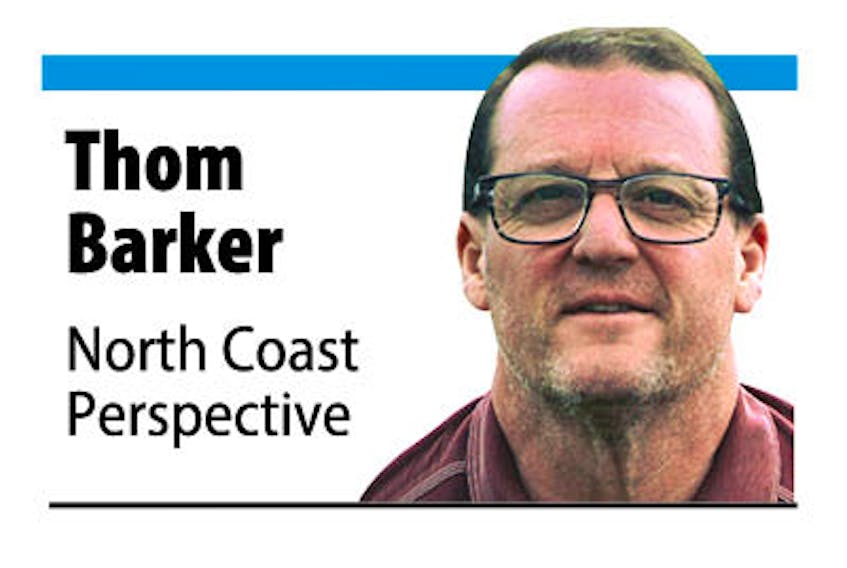People tend to focus on the tangible. It’s natural.
A great example is measuring the health of the economy by how stock markets are fluctuating. This is an exceptionally complicated subject, but the bottom line is stock markets are a great indicator of how a small percentage of the top corporations, and an even smaller percentage of the population, are doing financially – but not necessarily how well things are going generally.
This is the continuing lie of trickle-down economics. We’re supposed to believe that the better big corporations and rich people do, the better we all do, you know, because they have such a great track record of sharing the wealth.
But a big green arrow pointing up or red one pointing down makes a great graphic on a TV or computer screen.
Another great example is crime statistics. It’s easy to quantify how many crimes are being committed and by whom (except for all the financial crimes being committed by the big players in the stock markets, which we ignore). It is not so easy to pinpoint why people commit crimes. So, we keep treating the symptom (crime) instead of the underlying disease (socioeconomic imbalance).
And so it is with understanding the impact of the new North American Free Trade Agreement, now called something else because, well, Trump.
The biggest tangible noise, by far, out of this whole thing has been about dairy. Credit to dairy farmers, their lobby punches way above its weight class. And, of course, Trump made our dairy industry his whipping boy because in his simple (or shrewd) mind, harping on tangible 300 per cent tariffs, however inaccurate and misleading that is, makes great fodder for the endless political rallies he holds instead of governing.
For better or worse, that made dairy the bargaining chip by which Canada could make concessions and Trump could win – the biggest, greatest, most terrific victory in the history of the world, no, the history of the universe – even if he lost.
With the United States-Mexico-Canada Agreement, Canada gives American dairy access to about 3.5 per cent of our market phased in over six years.
To hear the opposition talk about it, this means the entire Canadian dairy industry is in imminent danger of total collapse, with drastic consequences for the overall economy – and that the government completely and miserably failed by making the worst deal possible. On purpose, no less, so Trudeau can run as the anti-Trump in the 2019 election.
Let’s get some perspective, shall we?
Canada’s gross domestic product (GDP) is approximately $2.2 trillion. Dairy contributes about $20 billion to that. That is a big number, but as a percentage of GDP, it is less than one per cent.
Furthermore, the purported upside, consumer access to cheaper U.S. dairy, is not going to have much of an impact on Canadian pocketbooks at all, according to most experts.
I am not, by any means, saying that the 12,000 dairy farms and 220,000 people they employ are not important or that one per cent of $2.2 trillion is insignificant. I am also not saying that intangible issues such as ‘food sovereignty’ are unimportant.
I am saying that 3.5 per cent over six years of a market that makes up less than one per cent of our economy (and only 0.1 per cent of trade between Canada and the U.S.) should maybe not be what we are all focussing so much attention on, however tangible it may be and how much noise is being made about it.
Being all but drowned out by the dairy cacophony are some real pocketbook issues such as the extension of patent protection for biological pharmaceutical drugs from eight to 10 years and the likelihood of interest rate hikes.
And then there is the big picture. If we are going to be free traders (can we really afford not to be?) sacrifices have to be made for the greater good.
Unfortunately, we will likely never know whether the greater good was served because that is an exceptionally complicated analysis that becomes even less tangible with the passage of time.
The good news is, the stock markets did really well in light of the conclusion of negotiations, so at least the rich are getting richer and maybe a few crumbs of cheap American cheese will trickle down to the rest of us.








